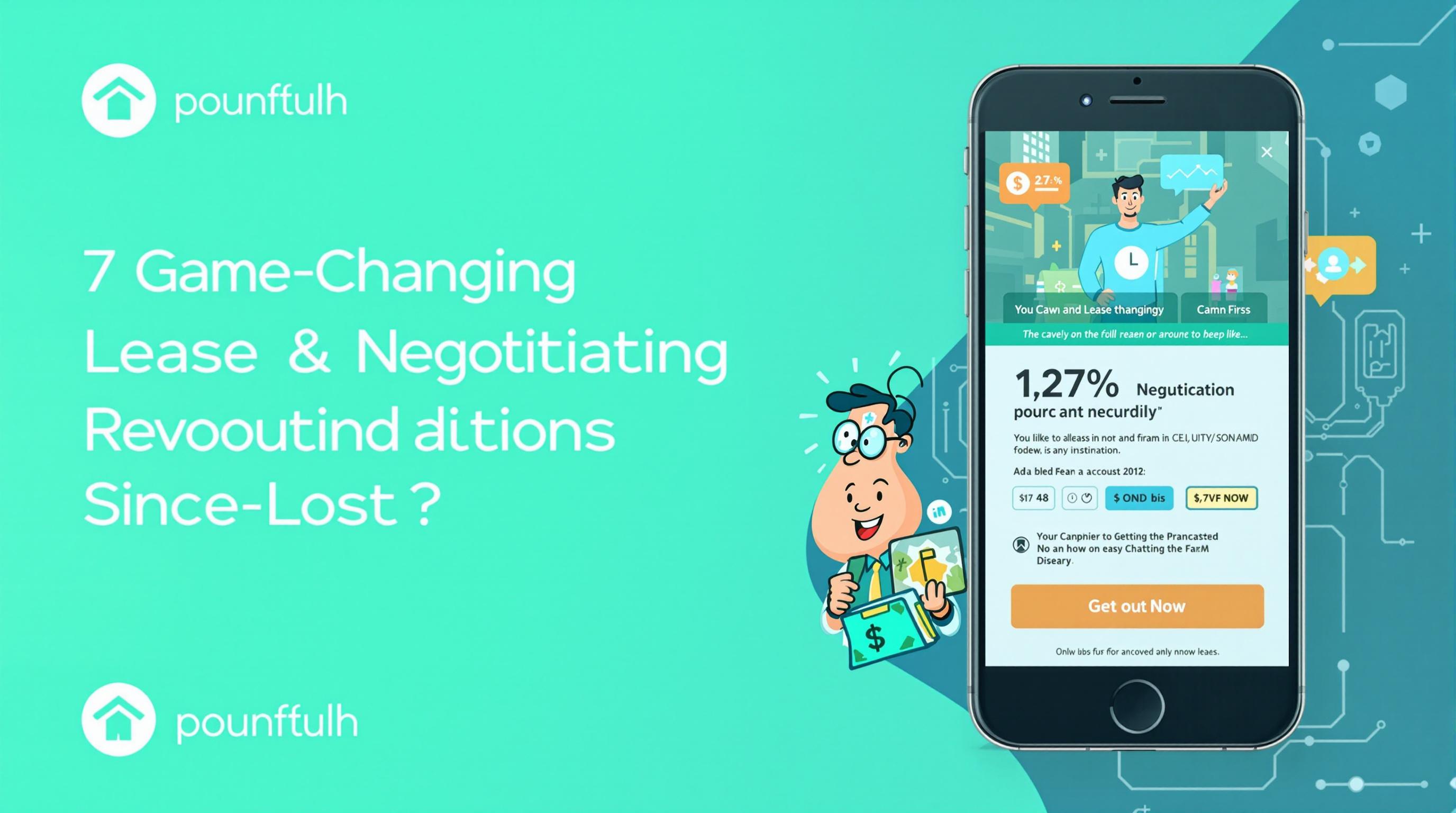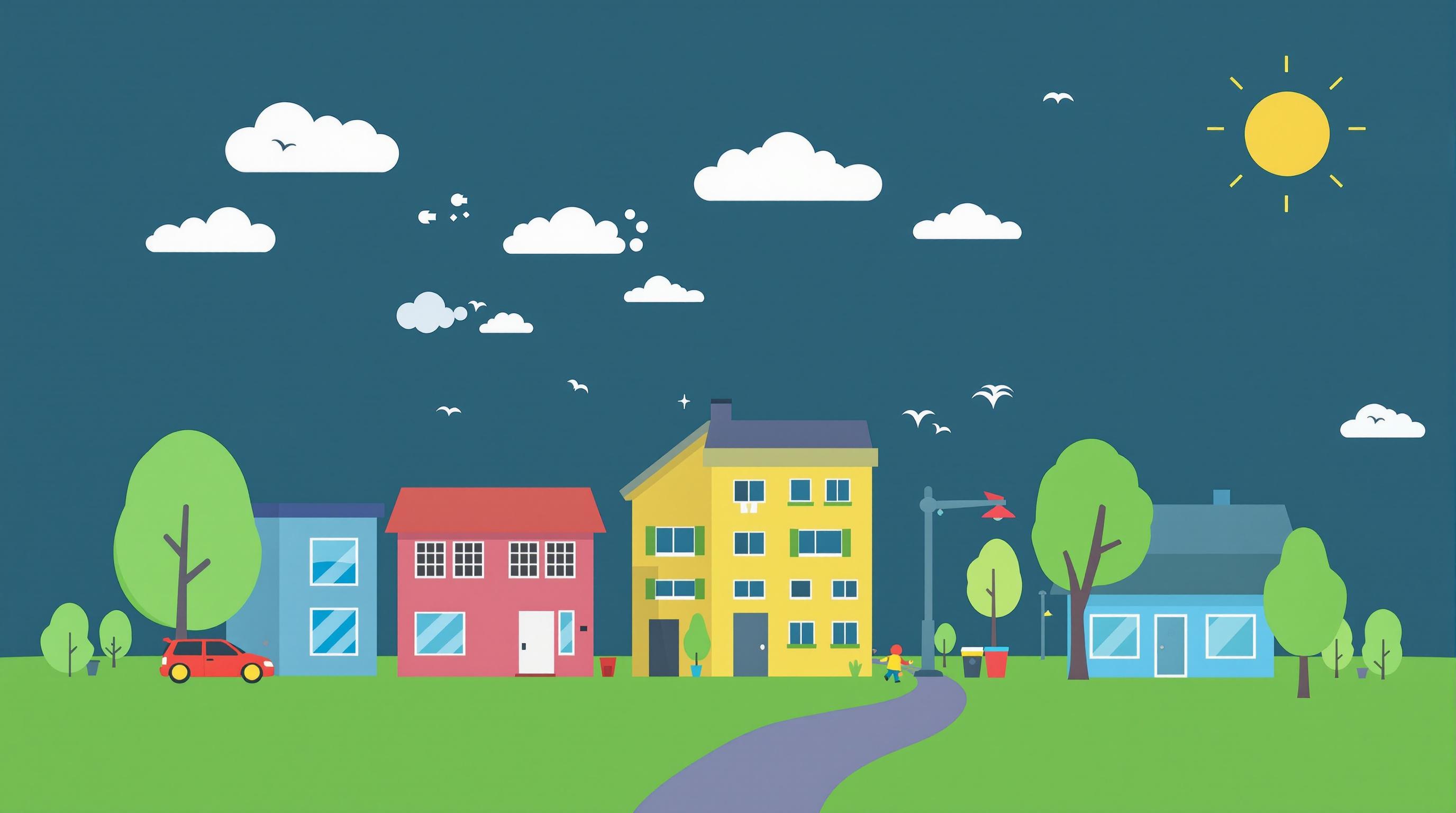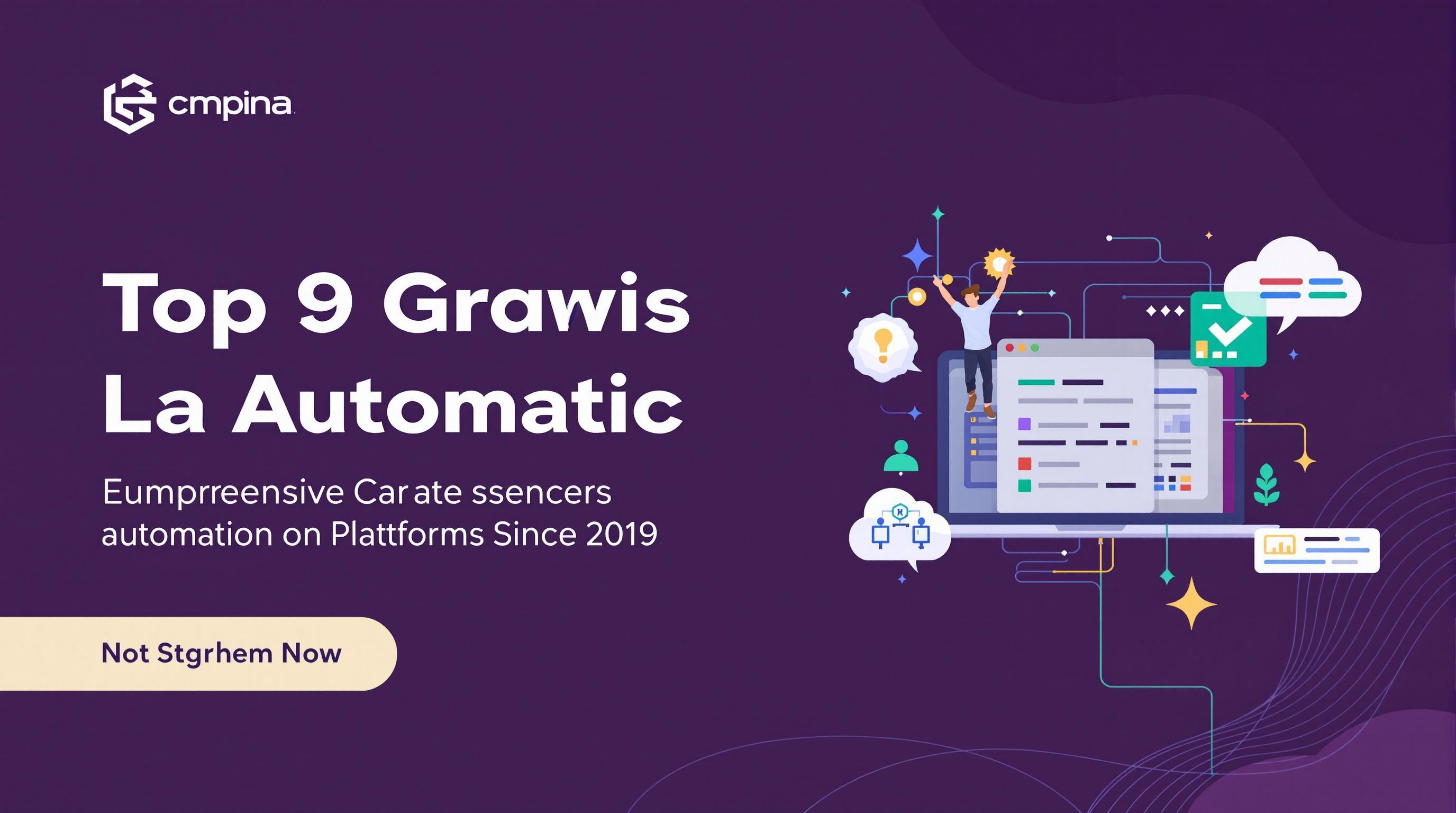Related Articles
- Top 5 Game-Changing Copyright Management Apps from 2019 to 2024 for Modern Creators
- Top 5 Game-Changing Copyright Management Apps Released Since 2019 for Fast, Foolproof Filings
- How Traditional Storytelling Shapes Community Healing in Conflict Settlement Practices Worldwide
- The Role of Ancient Storytelling Traditions in Shaping Modern Conflict Settlement Practices
- The Quiet Shift: How Climate Change Is Secretly Reshaping Liability Standards in Insurance Policies
- The Unseen Impact of Climate Change on Rural Insurance Mandates and Local Risk Assessments
7 Game-Changing Lease Negotiation Apps Revolutionizing Tenant-Landlord Dynamics Since 2019
7 Game-Changing Lease Negotiation Apps Revolutionizing Tenant-Landlord Dynamics Since 2019
Since 2019, lease negotiation apps have dramatically transformed the tenant-landlord relationship by introducing efficiency, transparency, and convenience. This article explores seven groundbreaking apps that have reshaped leasing dynamics across the globe, blending technology with real estate savvy.
Behold the Power of Technology: How Lease Negotiation Apps Eliminate Hassle
Imagine you're a landlord in Brooklyn, juggling multiple rental properties and dozens of tenants. Before 2019, lease negotiations often meant endless back-and-forth emails, paper contracts, and days lost to coordination. According to a 2021 study by the National Multifamily Housing Council, over 62% of landlords cited lease negotiations as one of the most resource-intensive aspects of property management.
Enter apps like LeaseRunner and TurboTenant, which pivotally changed the game by providing easy-to-use, cloud-based platforms where lease terms could be proposed, modified, and agreed upon within minutes. This leap in convenience not only empowered landlords but also gave tenants unprecedented clarity and control over their agreements.
Why TurboTenant Sparks Joy for Both Tenants and Landlords
TurboTenant has exploded in popularity since its launch, boasting more than 600,000 active users as of 2022. Its user-friendly interface and powerful features like digital lease signatures, background checks, and automatic rent reminders make it a holistic solution for residential rentals.
Case in point: Jane, a 28-year-old urban professional, used TurboTenant to secure a loft in San Francisco without stepping foot in the landlord’s office. This app not only accelerated negotiations but also made the otherwise tedious paperwork a breeze — all from her smartphone during a coffee break.
Legal Ironclad, Negotiation-Friendly: The Rise of LawDepot
Lease agreements are not just formalities—they’re legal documents that require precision and secure consent. LawDepot approaches lease negotiation by offering customisable lease templates and digital signing tools entrenched with up-to-date legal clauses in dozens of jurisdictions.
For landlords wary of legal pitfalls, LawDepot cuts down hours of drafting and consulting attorneys, reducing legal fees by up to 40% in some cases. Since 2019, its platform has helped over two million users create airtight agreements, strengthening trust in tenant-landlord relationships.
A Little Humor in Negotiations? Yes, With Rentberry
Negotiating rent can be stress-inducing, but Rentberry has a quirky feature: transparent bidding that lets tenants offer what they're willing to pay. This auction-style lease negotiation may raise eyebrows but offers a playful twist, often leading to win-win outcomes.
Picture this: a landlord reviewing bids from several hopeful renters, while tenants eagerly tweak offers in real time. One 2020 Rentberry report found that 45% of leases were closed faster on their platform compared to traditional methods, saving landlords weeks of vacancy.
Casual & Intuitive: The Ease of Movebubble for Millennials and Gen Z
Movebubble is a breath of fresh air designed with young renters in mind. If you’re aged 16-35 and find typical leasing apps dull or intimidating, Movebubble feels like chatting with a friend about your next home.
Its geolocation feature highlights available properties nearby, and the in-app messaging lets tenants directly negotiate with landlords or agents. With over 120,000 downloads since 2019, Movebubble has become essential in cities like London, where fast-paced leasing calls for quick decisions.
The Data Doesn't Lie: LeaseHawk's AI-Driven Insight
LeaseHawk steps beyond mere negotiation, bringing in artificial intelligence to predict tenant behavior and optimize lease terms before they’re even proposed. According to LeaseHawk, properties using their platform see a 17% higher lease renewal rate on average.
For landlords who prefer data over guesswork, this app uses analytics from thousands of leases to customize offers that appeal to tenants’ preferences, reducing vacancy rates and increasing satisfaction.
Comprehensive Solutions for Commercial Leasing: ProLeaseHub
Though many apps concentrate on residential rentals, ProLeaseHub carved a niche in commercial leasing. The app facilitates complex lease negotiations involving multiple stakeholders, custom clauses, and long-term terms with ease.
With over 10,000 commercial users globally, ProLeaseHub streamlines communications and document management. Its proprietary collaboration tools have cut negotiation cycles by up to 50%, according to an internal 2021 user survey.
Story Time: A Landlord’s Journey with LeasePilot
In the summer of 2020, Martin, a 53-year-old landlord from Austin, Texas, found himself swamped with lease agreements. After adopting LeasePilot, he witnessed a transformation.
“What used to take me two weeks now takes two days,” Martin says. LeasePilot’s automated drafting and negotiation workflow reduced errors and encouraged quicker tenant feedback. This turnaround boosted Martin’s cash flow and his peace of mind.
Why These Apps Matter in an Ever-Evolving Rental Market
The global rental market has seen seismic shifts since 2019, fueled by urbanization and technological adoption. According to a 2023 report by Statista, over 50% of tenants prefer digital rent payments and negotiations over manual, in-person processes.
By embracing these seven apps, landlords and tenants alike find themselves empowered in a digital ecosystem that emphasizes transparency, speed, and adaptability in lease negotiations.
Conclusion: Embracing the Future of Lease Negotiations
Whether you’re a tenant seeking stress-free renting or a landlord aiming to optimize your properties' revenue, these lease negotiation apps offer practical solutions tailored to modern needs. From AI insights to playful bidding, these platforms since 2019 have revolutionized how people agree on leases—and that’s just the beginning.
Sources:
National Multifamily Housing Council, 2021 Rental Market Report
Rentberry User Data, 2020
Statista, Digital Rent Payment Preferences, 2023
LeaseHawk Internal Analytics, 2022
ProLeaseHub User Survey, 2021




